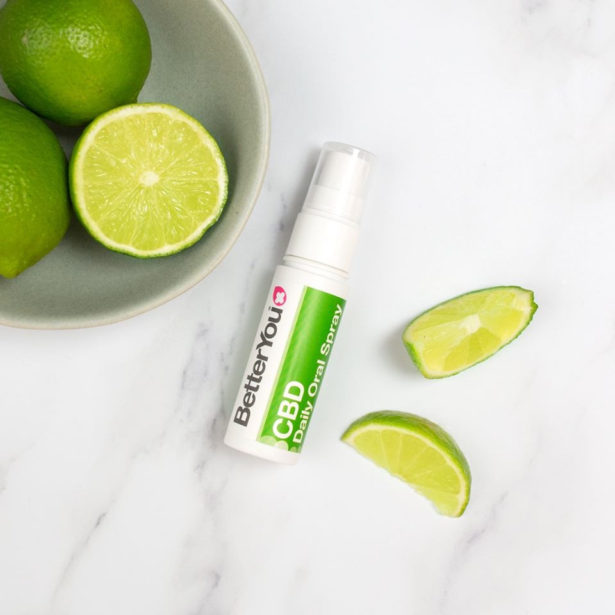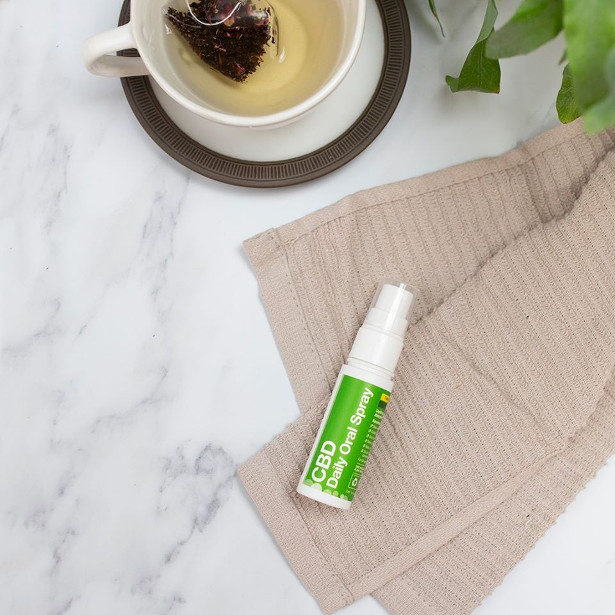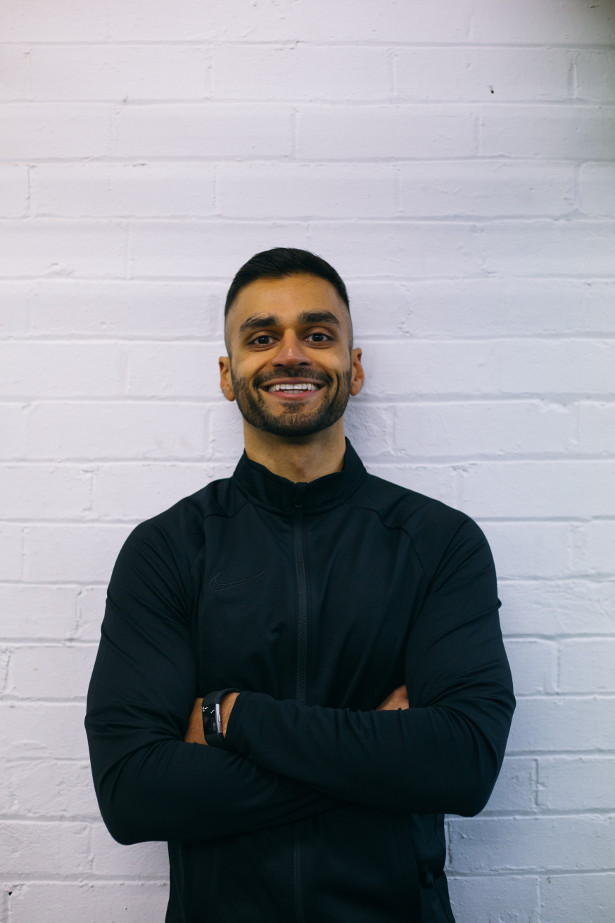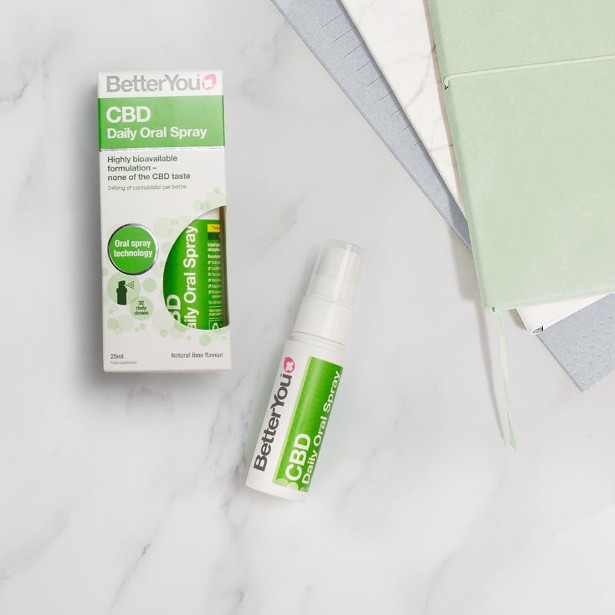Is CBD the new legal aid to optimal athletic performance?
“The emergence of CBD could mark a major turning point in how athletes recover from training”, Dilan Patel.
TWITER | FACEBOOK | YOUTUBE | INSTAGRAM
CBD is safe for sport and is fast becoming a staple supplement for sports men and women – the compound is not currently on the World Anti-Doping Agency’s list of prohibited substances.
The CBD industry in the U.K. is one of the largest in Europe and has quickly become greater than the total U.K. Vitamin D and Vitamin C market combined – due to its higher price point – according to the Centre for Medicinal Cannabis, demonstrating that CBD has now gone mainstream.

41 per cent of those that have used CBD in the past year have used it for medicinal purposes. With current advice from U.K. Anti-Doping stating that CBD is permitted for use in sport, Dilan Patel, Personal Trainer, Nutritional Advisor and Brand Ambassador for natural health brand BetterYou, discusses below everything athletes and those training regularly need to know about the nation’s most popular compound.
When you train, you put stress on the body in order to spark an adaptive reaction. You want to push your body past its limits to force growth and change and when this happens, muscle fibres are broken down, allowing them to grow back stronger and faster. While this is the intention, sometimes recovery can take longer than expected and injuries can occur.

Even if you are physically fit, day-to-day life can cause stress, mood changes and energy levels to dip, meaning performance issues arise which can severely slow down your athletic growth. This is where CBD (Cannabidiol) can help.
What is CBD?
CBD is a naturally occurring compound found in the Cannabis plant. Along with CBD, the plant also produces Tetrahydrocannabinol (THC), but unlike THC, CBD will not alter your state of mind.
One of at least 113 known cannabinoids, which are similar in structure to the body’s own cannabinoid system – called the endocannabinoid system (ECS) – CBD has the ability to naturally modify the body’s ECS to boost production of endocannabinoids and exert its benefits.
In essence, CBD allows the user to experience some of the widely reported medicinal benefits of the Cannabis plant, without the intoxicating effects.
So, is CBD allowed for athletes?
Yes. In 2018, the World Anti-Doping Agency (WADA) removed CBD from its list of prohibited substances. The US Anti-Doping Agency (USADA) did the same. Since this change, more and more athletes have been using CBD with amazing results.
Humans already produce endocannabinoids naturally as part of our ECS. As an athlete, you apply greater stress to your body, leading to pain and inflammation greater than what your ECS can handle. Supplementing CBD may help this overloaded system to get your neurotransmitters back under control and help athletes to maintain homeostasis.
How to use CBD
There are various ways to use CBD. You can ingest it through capsules or droppers, you can inhale it as a vapour, and it has been infused into foods and drinks. There are also creams and lotions that contain the compound, but depending on how you consume CBD, it may impact how quickly and efficiently you experience its effects.
Capsules, droppers and edibles have to be digested by the body, so they take a bit longer to take hold and also tend to have an unpleasant taste on the palate. By using an oral spray, such as the one developed by BetterYou, you get enhanced absorption and don’t have to worry about the after taste as it has a natural lime-flavour.
In my opinion, as a Personal Trainer and Athlete, CBD offers huge potential benefits with very few risks and the emergence of CBD could mark a major turning point in how athletes recover from training.
ENDS

Image: Dilan Patel, Personal Trainer, Nutritional Advisor and BetterYou Brand Ambassador
Image: CBD Oral Spray (RRP £29.95)









